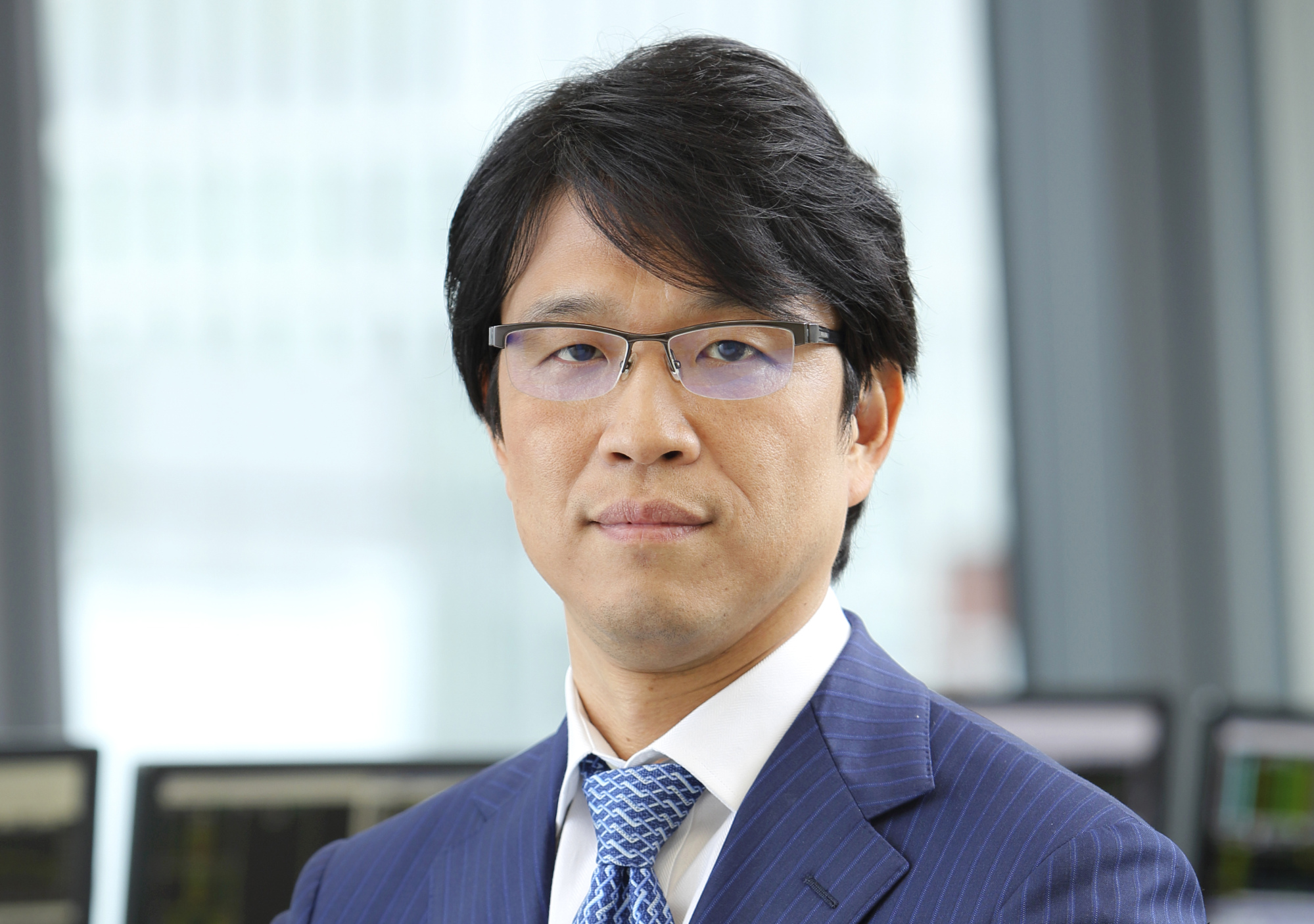- World’s Biggest Pension Fund Says AI Will Replace Asset Managers
Hiromichi Mizuno was named chief investment officer of Japan’s Government Pension Investment Fund, the world’s biggest manager of retirement savings, in 2014. He has since led a push to increase equity holdings and advocated for incorporating ESG, or environmental, social and governance, factors into investing.
Question: What are the biggest changes in the investment world you see coming in the next five to 10 years?
Mizuno: Adoption of technology, including AI and ESG integration into all asset classes. I believe artificial intelligence will be able to either replace or enhance the asset managers’ work, particularly for short-term trading.
Question: What are the implications?
Mizuno: Asset managers have to adjust their conventional business model. Investors will be more focused on the long-term investment theme, as AI will take over the short-term trading. In other words, investors will shift their focus to the long-term sustainability of their portfolio, and more focus on their investment themes like ESG.
Question: Do you see a lot of jobs being cut as a result?
Mizuno: I wouldn’t be surprised if a lot of people lose their jobs because AI replaced their routine. But I also believe in human wisdom. I think the long-term thinking and the ESG-like non-numerical, non-quantitative information will continue to require human interpretation. I believe AI will release the human resource to do something else.
Question: What’s the future of ESG investing?
Mizuno: In the long run, “ESG-themed investment” will be irrelevant, as the whole market starts to use it for pricing in their investments.
Question: What’s the biggest shock the industry doesn’t see coming?
Mizuno: I won’t be surprised if Google and Amazon become asset managers, but I think a lot of people in this industry will be. I take it for almost granted that they will come into this market because they have cutting-edge AI technology and they now capture all the big data of what’s happening in the market.
Question: Which will ultimately prevail, active or passive investing?
Mizuno: I’m hopeful for active managers, but they need to adjust their business model, including their cost structure. Passive investment will only remain efficient if active management continues to be the mainstream. Active managers failed to prove they’re worth investors’ faith because research shows that as an industry, they didn’t add the alpha net of fees.
Question: How can businesses cope with fee pressure from indexing and other trends?
Mizuno: Asset managers should adjust their fee structure to improve alignment with their clients, rather than simply reducing the fee level.
Question: What’s likely to cause the next global financial crisis?
Mizuno: Mishandling of the reverse QE. I think people are a bit too optimistic that central banks will be able to reverse their quantitative easings smoothly because nobody has done it before and this is going to be a big, big historical experiment.
Question: What’s the best opportunity the industry is overlooking?
Mizuno: AI and human intelligence working together. So far I haven’t heard from asset managers that they are using AI other than just replacing their analysts. That’s the whole purpose of the recent Sony Computer Science research partnership. We are trying to be ahead of the curve. When the asset-management industry starts adopting that, we just want to be there to understand what’s happening.

 Naira4 weeks ago
Naira4 weeks ago
 Naira4 weeks ago
Naira4 weeks ago
 Travel3 weeks ago
Travel3 weeks ago
 Jobs4 weeks ago
Jobs4 weeks ago
 Naira3 weeks ago
Naira3 weeks ago
 Naira3 weeks ago
Naira3 weeks ago
 Investment4 weeks ago
Investment4 weeks ago
 Travel4 weeks ago
Travel4 weeks ago
















